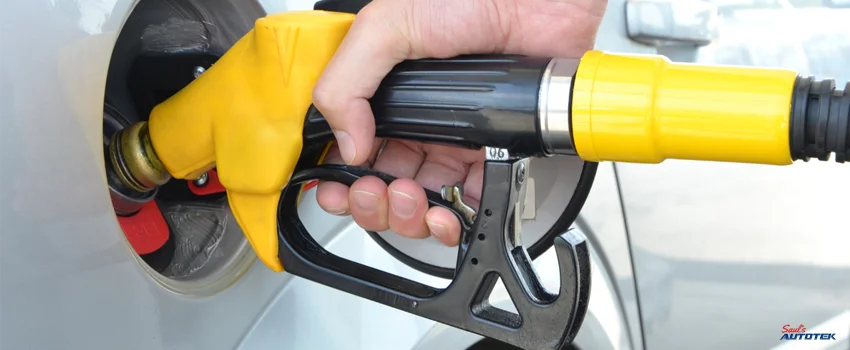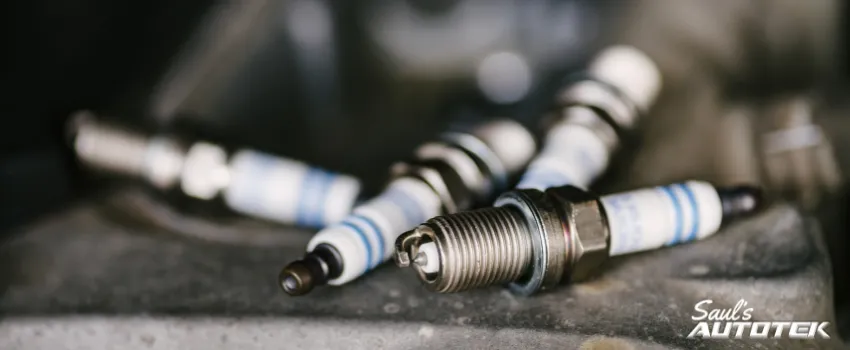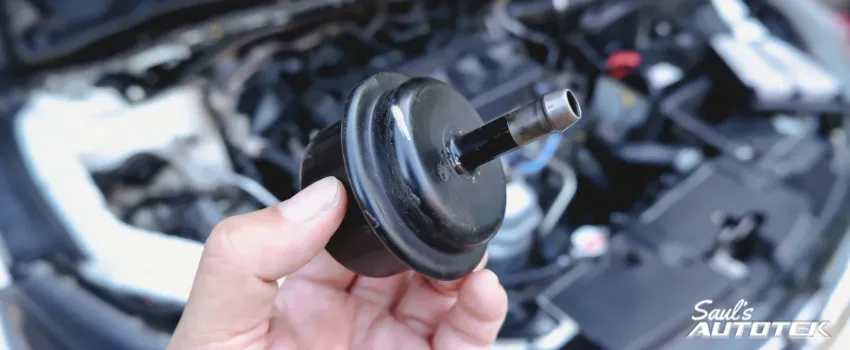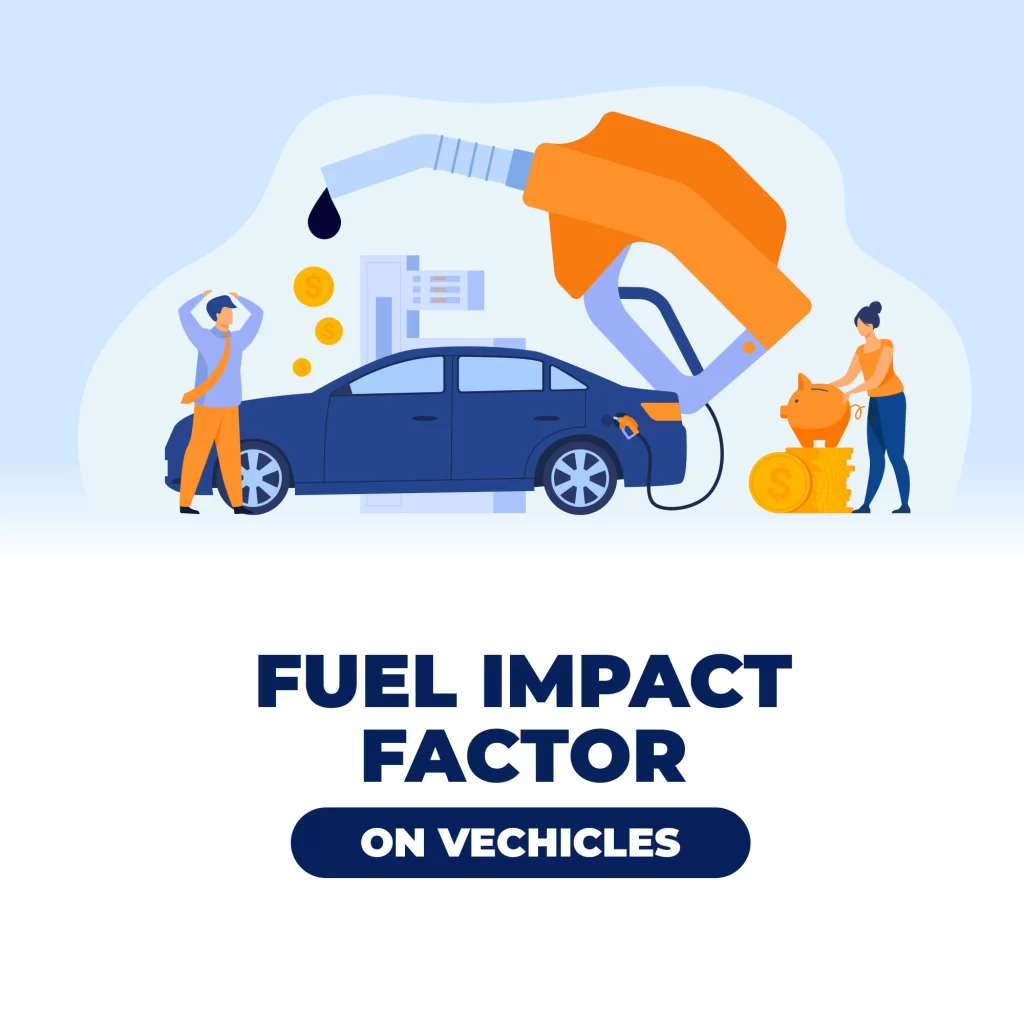
Fuel impact factor refers to the effects of different types of fuel on the environment. It is a measure of how much pollution and gas emissions are produced during the extraction, production, transportation, and consumption of a particular fuel.
The concept is becoming increasingly important nowadays as people become more aware of the environmental impact of their daily activities, including the energy they consume. Fuel impact factor is also an important consideration when choosing the mode of transportation since it can play a role in fuel economy and efficiency.
What causes poor fuel economy?
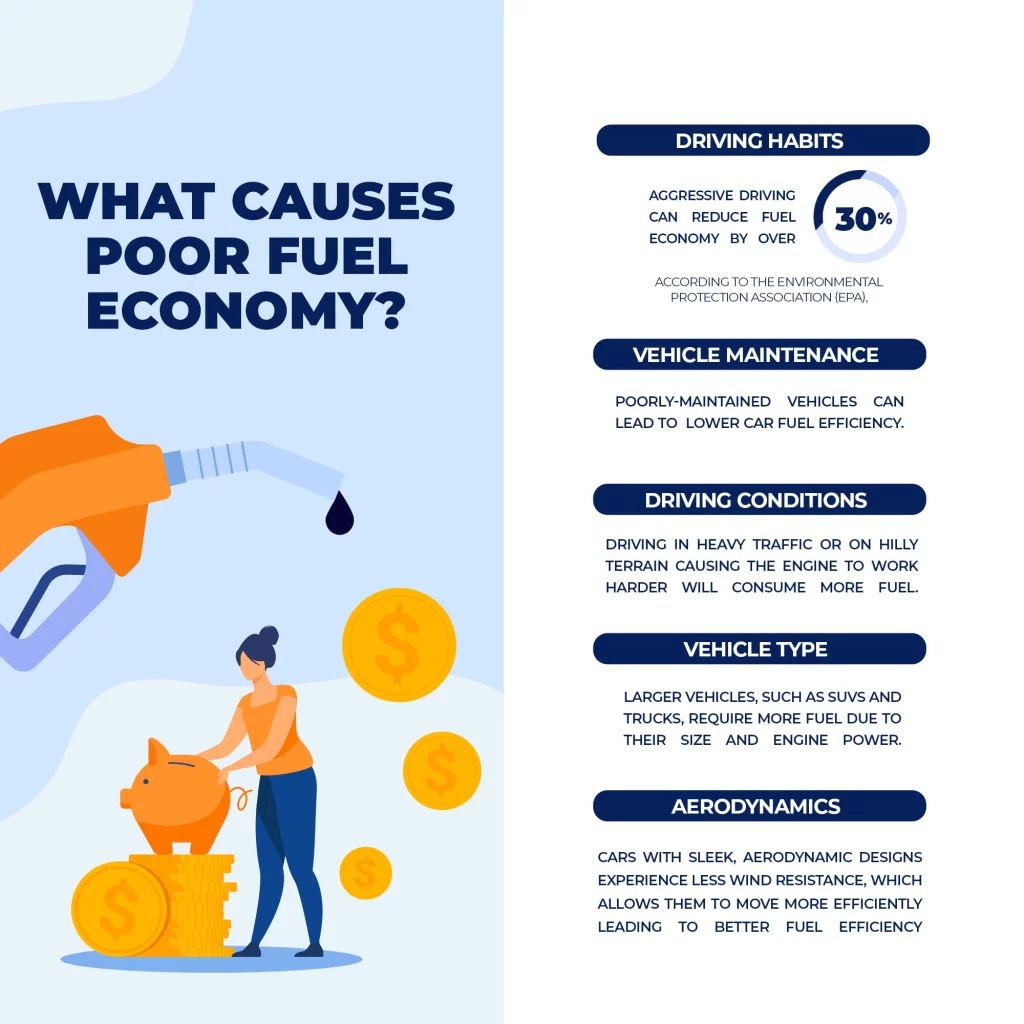
Poor fuel economy is where a vehicle consumes more fuel than usual when traveling at a certain distance. It means that the vehicle is not efficient at converting the energy in the fuel into usable work or motion.
Poor fuel economy can be due to the following:
1. Driving Habits
When you drive aggressively through hard braking and speeding, you’re using too much fuel than you should. According to the Environmental Protection Association (EPA), aggressive driving can reduce fuel economy by over 30% on the highway.
2. Vehicle Maintenance
Poorly-maintained automobiles can also lead to lower fuel economy. For example, dirty air filters, worn spark plugs, and under-inflated tires can all decrease car fuel efficiency.
3. Driving Conditions
Driving in heavy traffic or on hilly terrain will surely result in higher fuel consumption. These conditions require you to use more energy, causing the engine to work harder and consuming more fuel.
4. Vehicle Type
Larger vehicles, such as SUVs and trucks, typically have lower fuel economy than smaller cars. This is because they require more energy to move and also have larger engines, which consume more fuel.
5. Aerodynamics
Aerodynamics is the study of how objects move through the air. It is a critical factor that affects fuel efficiency, particularly at high speeds. Cars with sleek, aerodynamic designs experience less wind resistance, which allows them to move more efficiently through the air, resulting in improved fuel economy.
What makes a car fuel efficient?
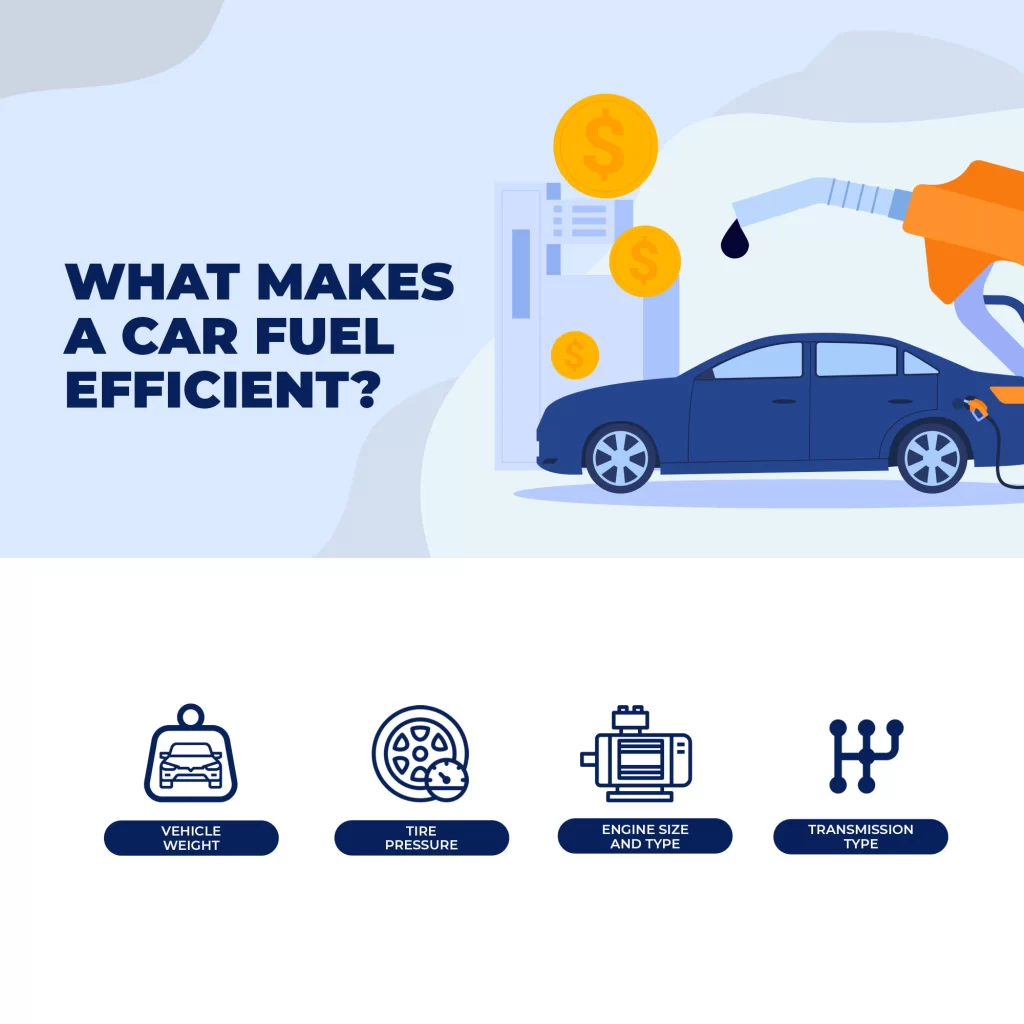
Fuel efficiency refers to the number of miles a car can travel on a gallon of fuel. Several factors can affect this, which include:
1. Vehicle Weight
Generally, lighter vehicles are more fuel-efficient than heavier ones. The latter often needs more power to move, and this leads to more fuel consumption. According to the Energy Efficiency and Renewable Energy Office (EERE), a 10% reduction in vehicle weight could improve fuel economy by up to 8%.
2. Tire Pressure
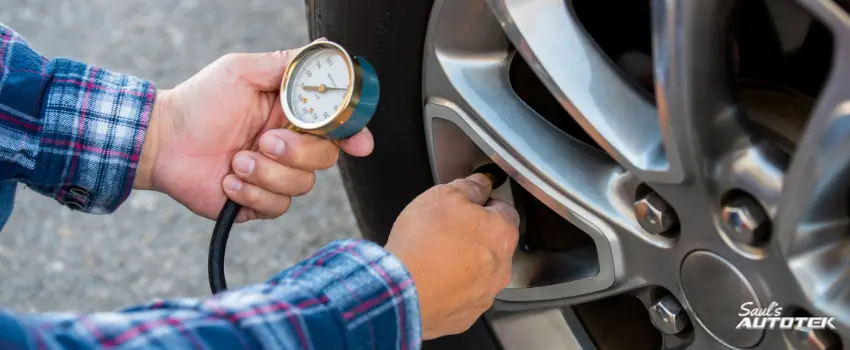
Under-inflated tires can significantly increase fuel consumption. This is because the increased rolling resistance requires more power to move the vehicle, and this means more fuel has to be consumed. Maintaining the correct tire pressure can improve fuel economy and prolong the life of the tires.
3. Engine Size and Type
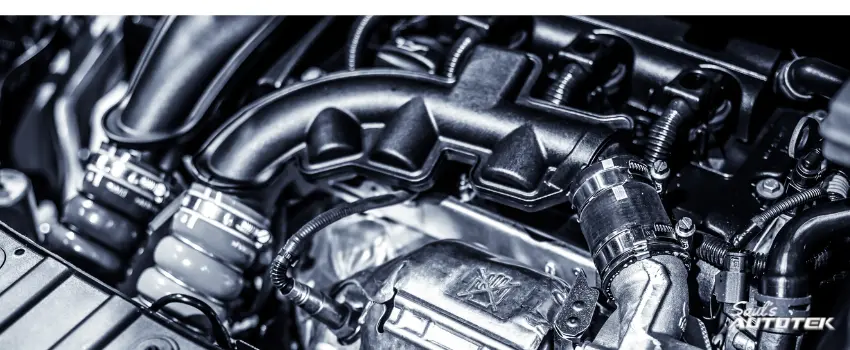
What makes a car fuel efficient? Smaller engines typically use less fuel than larger ones, and those that run on diesel are generally more fuel-efficient than those powered by gasoline. However, diesel engines can be more expensive to maintain and purchase. They also emit more pollutants than gasoline-powered engines.
4. Transmission Type
A car with a manual transmission can be more fuel-efficient than one with an automatic setting. This is because the driver has more control over the gears and can better optimize fuel usage.
What affects gas mileage?
Gas mileage or fuel efficiency, is the distance that a vehicle can travel on a gallon of gasoline. Several factors can affect this, such as:
1. Maintenance
Regular oil changes, air filter replacements, and tune-ups can keep the engine running efficiently and reduce fuel consumption. Keeping your vehicle well-maintained can also prevent problems that can negatively affect gas mileage, such as a malfunctioning oxygen sensor or clogged fuel injectors.
2. Environmental Conditions
In cold weather, the engine takes longer to warm up, and this can reduce fuel efficiency. Humid conditions can increase air density and create more air resistance, which can result in lower gas mileage.
3. Cargo Load
Carrying heavy loads can increase fuel consumption and reduce gas mileage. Given this, it’s important that you remove any unnecessary items from the car and avoid overloading it to maintain optimal fuel efficiency.
Key Takeaway
Fuel impact factor is a critical aspect of vehicle ownership that can have a significant impact, not only on the environment, but even on your wallet. By understanding the concept better, you can take the needed steps to improve fuel economy and efficiency.
A good starting point is to have your fuel pump inspected for any signs of damage. This is a vital component of every auto so it should always be in good running condition. Any professional repair shop can do a fuel pump inspection, so drive over to the nearest one.
Ensure better fuel efficiency by availing our fuel pump maintenance services at Saul’s Autotek.

Become a more responsible vehicle owner and learn more about your car’s fuel pump by visiting Saul’s Autotek. This will not only help you save on fuel costs, but also contribute to a healthier environment.
Don’t wait, schedule a fuel pump inspection with our Arvada auto repair shop and take the first step towards better fuel economy and a cleaner future. Call now.


